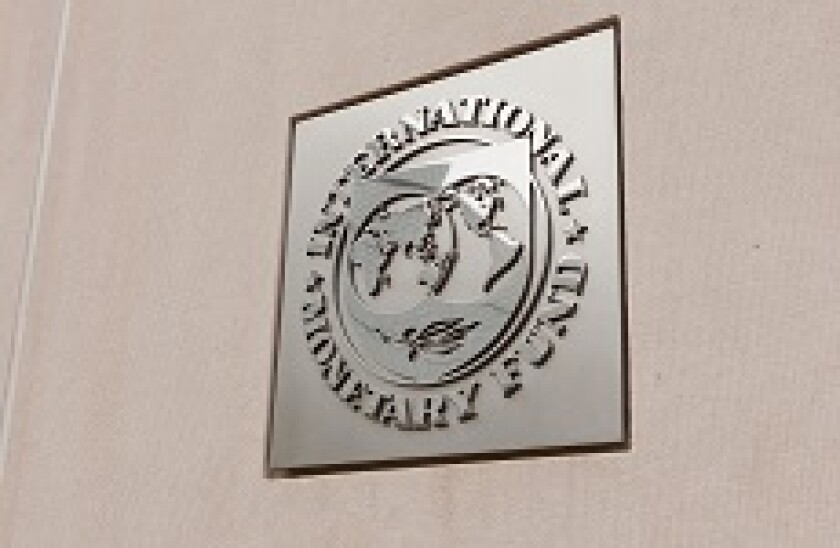Turkey’s finances are undeniably in something of a mess. Years of loose economic policy overheated its economy and sent inflation rocketing to over 20%.
When sanity took over and the central bank hiked rates to 24%, the lira, battered by investors’ fears over Turkey’s diplomatic troubles with the US and its unorthodox monetary policy, began a slow but steady climb. But high interest rates have plunged the economy into recession, without making much of a dent in inflation.
Hearteningly, even in recession, Turkey’s exports picked up and the current account balance returned to positive territory.
It was a sign that, despite its recent woes, the Turkish economy is strong and resilient. Its banks are well-run and well-capitalised, its businesses are productive, and its economy is diversified. Its population is young and well educated.
But Turkey’s economic growth was fuelled by consumption and foreign loans, and this has left it with heavy external financing requirements. It is difficult to overstate the extent to which Turkey’s future will rest on its ability to service its debt. If it fails, it may be forced to enter an IMF programme to stay afloat.
The principle threat therefore comes from the exchange rate, and the most severe threat to Turkey’s currency comes from its staunchest defender. Erdoğan’s attempts to squeeze and prod his country’s economy into a more respectable shape have shattered not only the confidence of international investors, but of Turkish citizens, many of whom are opting to keep their funds in dollars.
Erdoğan’s determination to keep interest rates low, and his propensity to twist the arm of the central bank to keep it on his side, are tremendously dangerous qualities.
The market reacted with relief when Erdoğan’s party clinched 51% in recent municipal elections, putting off the point at which he will face a presidential election — usually the catalyst for his most erratic and unorthodox monetary policy manoeuvres.
Even with that victory, Erdoğan felt the need to rock the boat, challenging the result in Istanbul.
But even with that can kicked firmly down the road, Turkey is not out of danger. Calls for it to turn to the IMF are growing.
The IMF’s austere brand of discipline is the antithesis of Erdoğan’s loose, accommodative style. If the IMF were to impose its typical loan conditions on Turkey, Erdoğan would make himself a martyr, blaming the effects of the sharp economic rebalancing on the iniquitous forces of international finance.
He has already ordered an investigation into JP Morgan when the bank turned bearish on the lira, before taking the extraordinary step of banning the lending of the currency to foreign counterparties in an effort to curtail short selling.
An IMF programme is bitter medicine. Academically, the IMF would prescribe exactly what Turkey needs, but Erdoğan would do all in his considerable power to hamper, confound and frustrate its efforts. The short term pain the programme would cause would give Erdoğan all the ammunition he needs, and its likely failure at his hands could give him the chance to extend his reign and continue his human rights abuses — which have worsened since the failed coup attempt in 2016.
The voices of reason in Turkey are growing. Although his economic reform programmes have been light on content, Berat Albayrak, the Turkish finance minister, appears at least to understand that Turkey will not succeed by loosening monetary policy.
Turkey will do better if it can generate a coherent, sensible monetary policy internally, rather than having one imposed from the outside. The latter may only serve to strengthen Erdoğan, who remains the most dangerous threat to the country’s economic future.

